Every self-proclaimed guru on Google has “5 reasons why blah blah blah”.
But now I’m about to give you 5 REAL factors that FICO looks at when calculating your credit score.
Being that, as per FICO, as much as 90% of lending decisions are made using the FICO scoring model, let’s see how you can up your chances of getting approved for a loan.
Let’s discuss the 5 most important factors that FICO will consider when calculating your credit score.
1. Timely Payments- 35%
Whether you pay your bill on time or not makes up for 35% of your FICO credit score. (Have a heart, FICO, will ya?) It’s the bulk of your credit score, so you’ll want to do it right, especially if you have plans to take out a loan.
All mortgage, car leases, credit card bills etc. get reported to the credit bureaus, so there’s no hiding. Therefore, be sure to be on top of all your bills all the time, and pay them on time, so that your credit score won’t get affected. And that doesn’t mean that once you’re late, you should write it off as “too bad”. Pay it as soon as you can, because, as mentioned, everything is looked at and taken into account. The more time your account is past due the worse it will affect your credit score.
And in case you’re thinking “oh, this is a bill of just $125. Let me pay off my big bills first, it’ll be fine if this is a little late”. No, sir. Whether it’s $1 or $1,000, late is late.
2. Credit Utilization - 30%
The second most important factor that can impact your credit score is credit utilization. Credit utilization is how much of your credit line you spent. Banks don’t like it when you max out your credit card (yes, ladies, they’re in cahoots with your husbands).
The magic number to be using from your credit line is tops 9%. This goes for each individual personal credit card.
On top of that, it’s recommended to have one card with zero balance on it at all times.
With most business cards, balances don’t get reported to the credit bureaus (unless you’re late with the payments), so you can max them out without it affecting your credit score.
You can read more about credit utilization and which business cards don’t report balances to the credit bureaus here.
3. Credit History - 15%
Your credit history is, as it sounds, the history of your credit. It dates back to day #1 of when you opened your first credit card.
The older your credit is, the longer it goes back, the better it is.
It’s not enough to open one credit card and then wait a couple of years for it to benefit you. It would be a lot more beneficial to have at least 3 or4 credit cards (with no annual fee- obviously) open at once. Even if there’s a card you no longer need, it’s worth it to keep it open (if the credit history on it is good), since the longer you have it, the higher your score will be (make sure to use it for a few dollars each month).
For more on this, read Building Credit History Properly.
4. Credit Mix -10%
Credit mix refers to the various types of credit card you have. The more types of credits you can juggle, the better it will be for your credit score. The optimal amount of credits to have is 5 active trade lines, with a mix of installment loans and revolving credit.
Installment loans are loans that are paid in fixed installments. Examples of installment loans include mortgage loans, car loans, car leases or any other loans that have a fixed amount to be paid every month.
Revolving credit is loans that do not have a fixed amount to be paid each month. It’s more open-ended in the sense the card can be used when you wish, and paid as you go along. On a credit card you usually have every month a different min payment
Examples of revolving credit would be any credit card, line of credit or any credit that does not have a fixed amount of money to be paid every month.
You can read more about the credit mix factor here.
5. New Credit -10%
The fifth factor that FICO looks at when calculating your credit score is new credit. New credit indicates how many trade lines you’ve opened recently, and how many times you applied for new trade lines recently.
Your credit score may decrease slightly when you get approved for a new trade line (i.e. a new credit card, a mortgage), so the more new trade lines you get approved, the bigger the impact on your credit score. This decrease can last up to 6 months from the approval date. (When approved for a mortgage loan, the affected credit score may remain that way up to 12 months).
On top of that, even if you get declined when applying for a credit card, your credit score will still take a slight hit. That’s because the bank will do a credit inquiry.
In other words, don’t just randomly go apply for credit cards by the dozen, especially if you know that you don’t have a chance of getting approved.
(How can you know if you don’t stand a chance of getting approved? Banks have different rules for getting approved for cards, such as the 5/24 rule. Read more about that here.)
So, what factors will not affect your FICO score?
I think that’s just an important thing to know.
- Amount of times you opened or closed a bank account
- Whether you pay rent on time
- Whether you disputed credit card charges
- The place you live
- Your age
- Your marital status, race or religion
- Your job and your earnings
- Disabilities (if applicable)
- Public assistance (if applicable)
- Child support obligations (if applicable)
- If you’re in credit counseling
- Interest rates on your credit cards or loans
- When you check your credit report
- Information that does not show, or is no longer on your credit report
- Credit inquiries that are 12 months or older, even if they’re still on your credit report.
- Credit cards that were closed in good standing (like if you had no negative payment issues), even if it says “closed at credit grantor’s request”.
I hope this post helps you understand what the FICO score is based on, and helps you make the proper decisions so that you can build up your credit score.
If you have any questions, feel free to comment below!

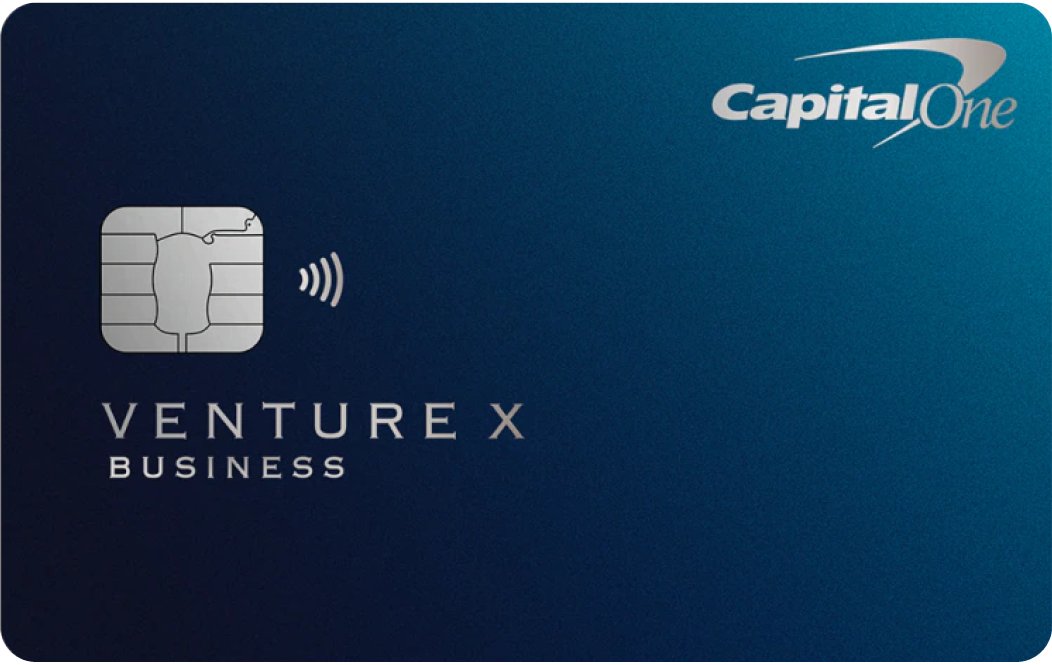
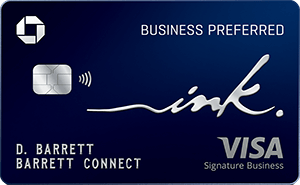
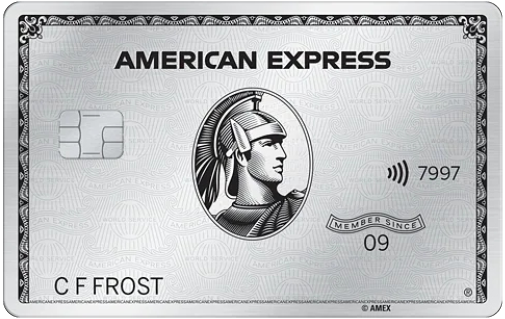
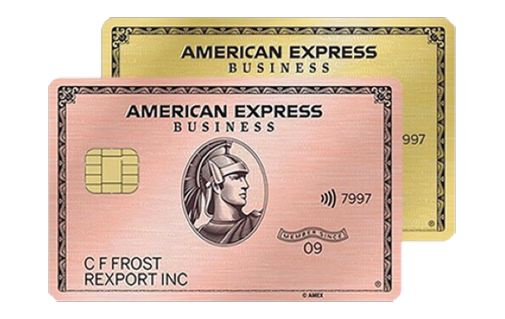


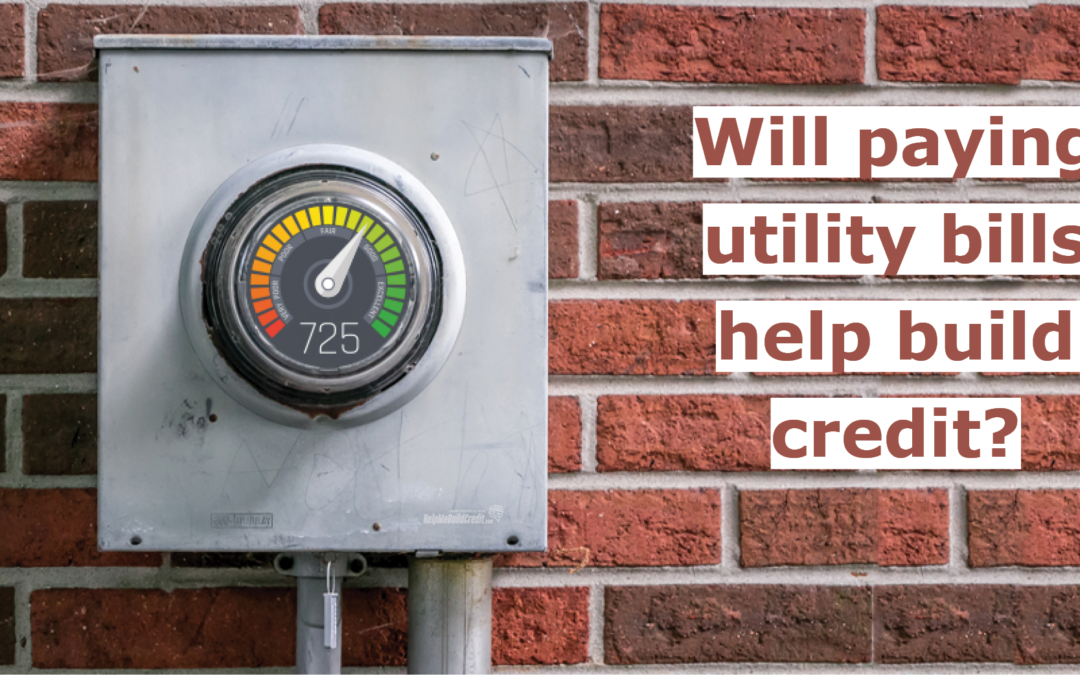
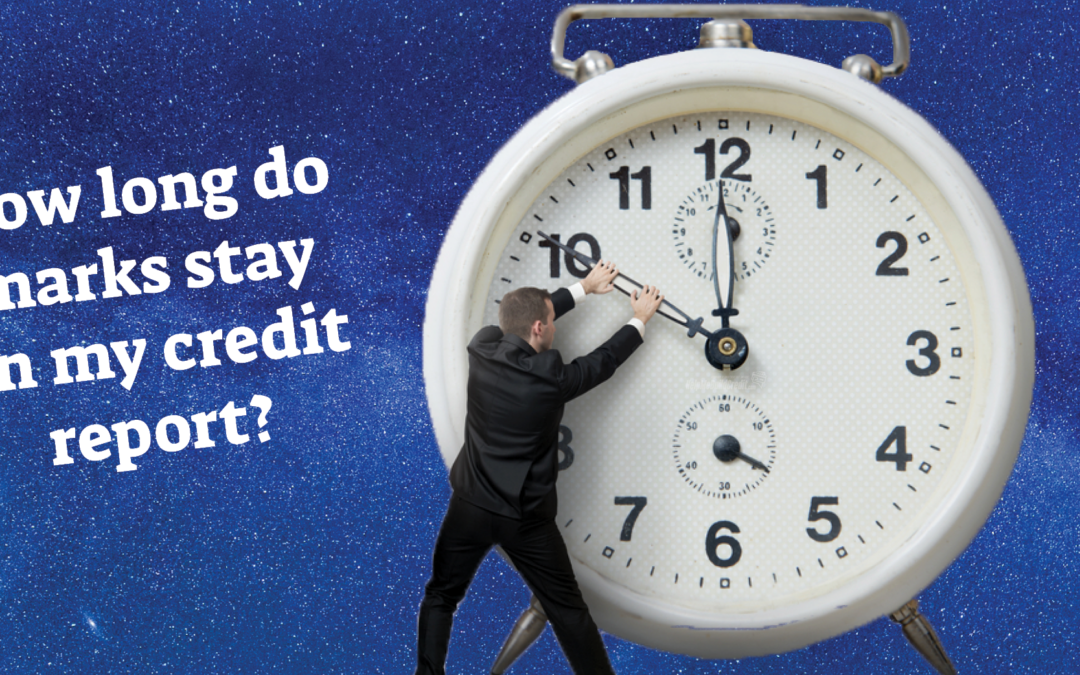
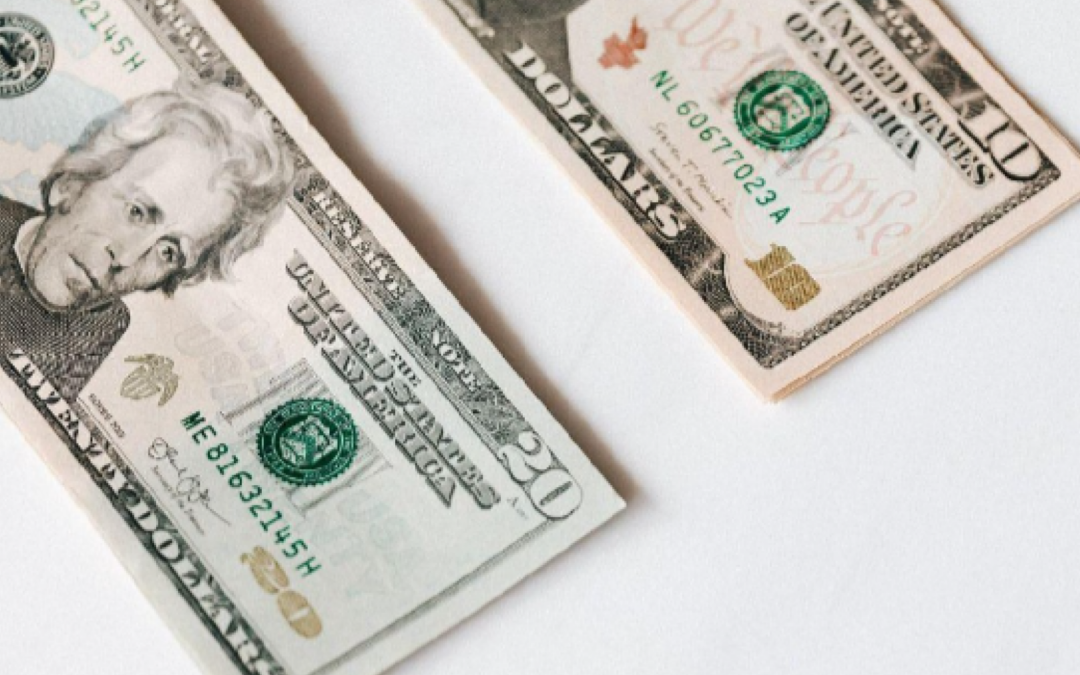

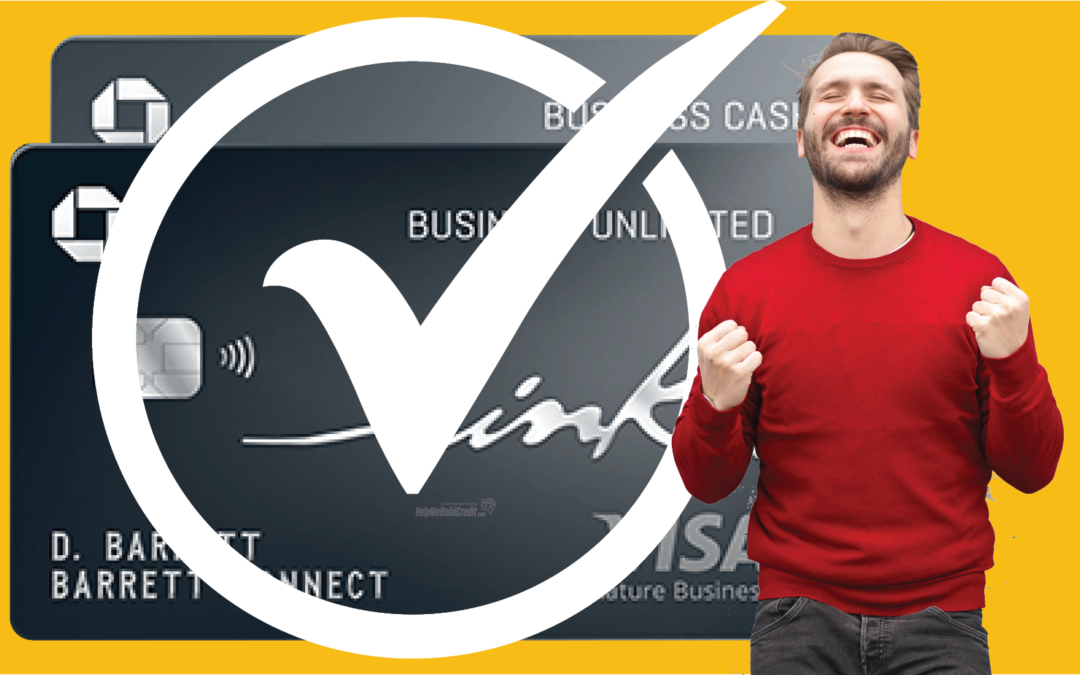
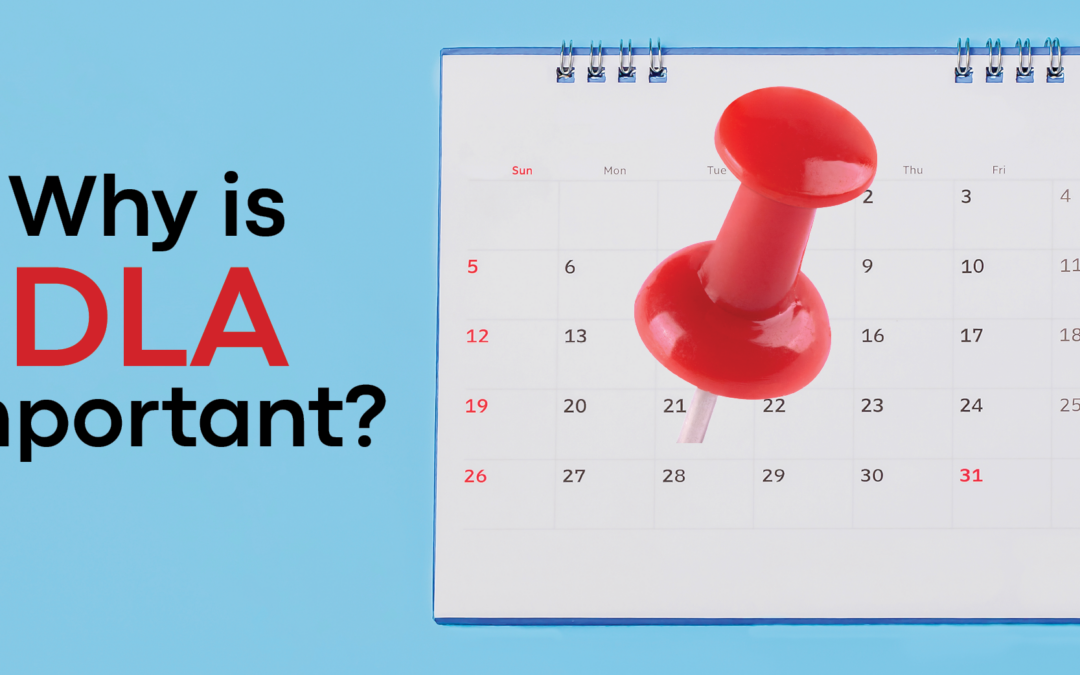
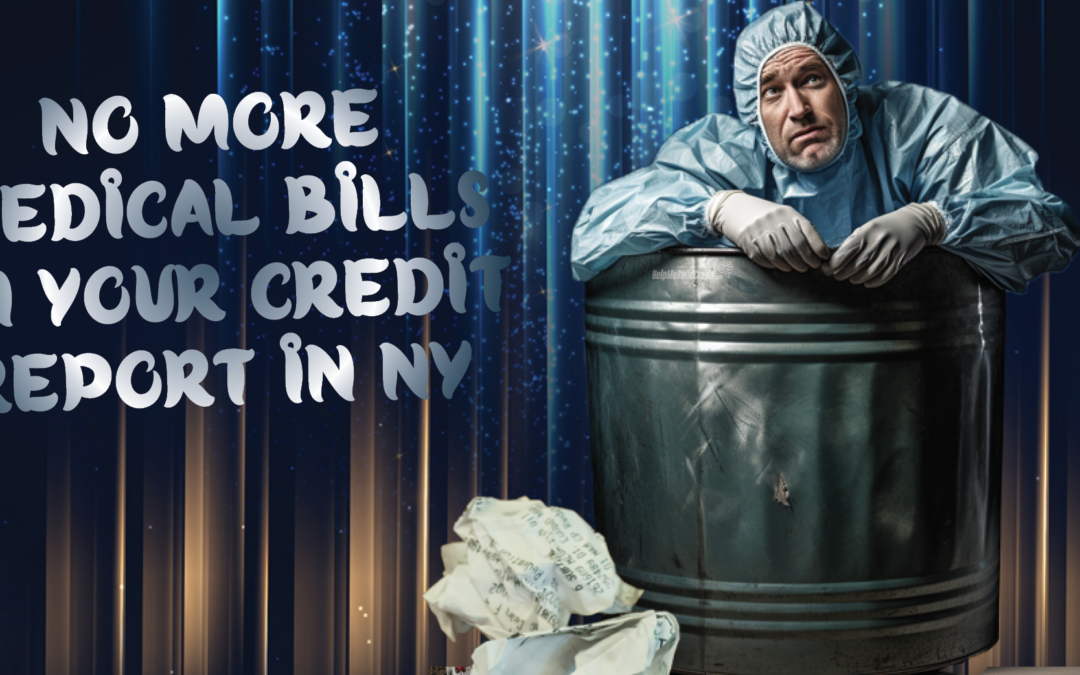
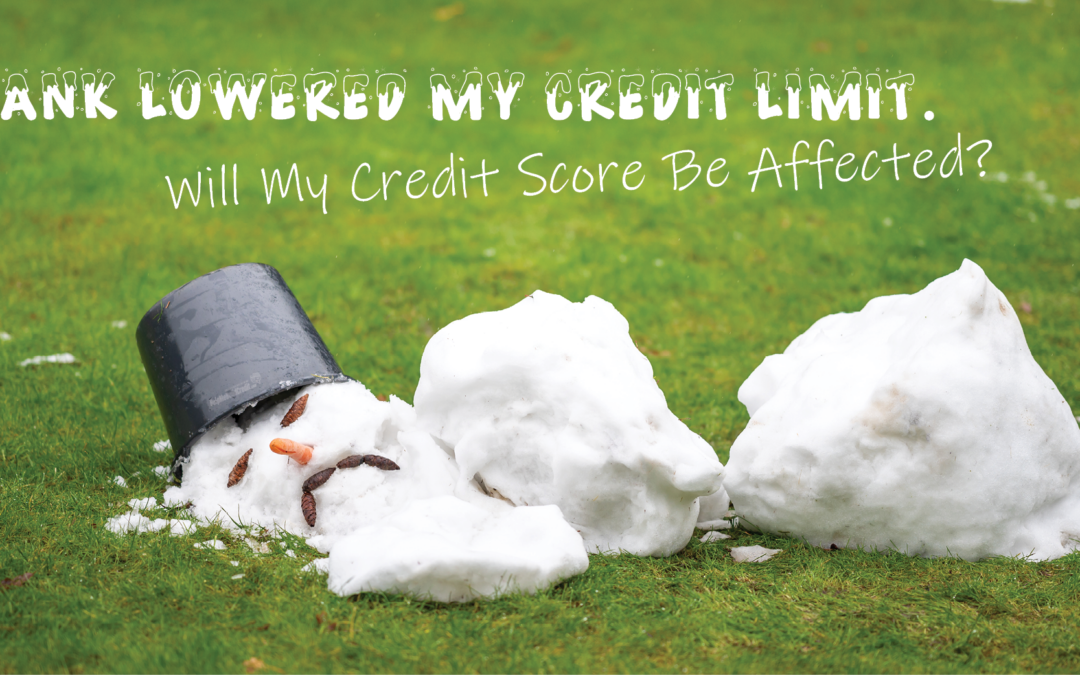


Thanks very good post!
Does bank of america report business cards?
Thanks!
Bank Of America does not report business cards.
Thanks again for joining!
Magnificent site. Plenty of useful information here. I am sending it to a few friends ans also sharing in delicious. And of course, thanks for your sweat!
Thank you for spreading the word!
My pleasure.
What about a charge card?
How can I calculate how much credit to use?
Thank’s
Check out this post
Wanted to make a check went to the red sorry why cant i change it